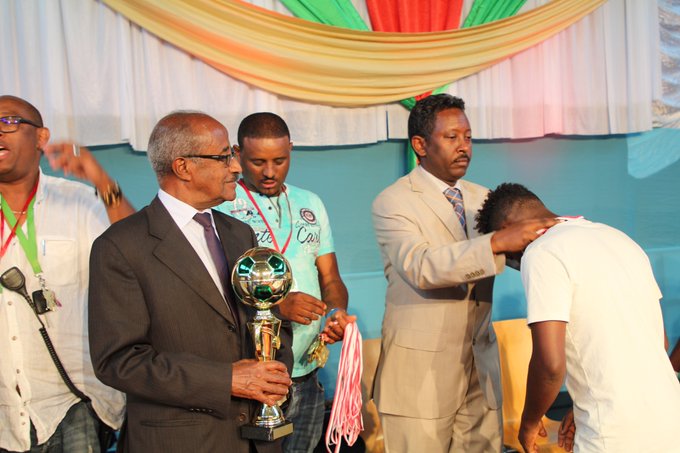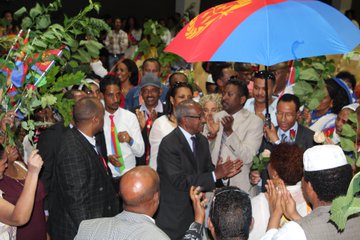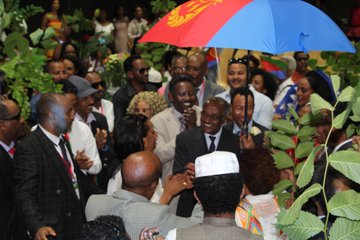 Why the pope has yet to overturn the church's colonial legacy
Why the pope has yet to overturn the church's colonial legacy
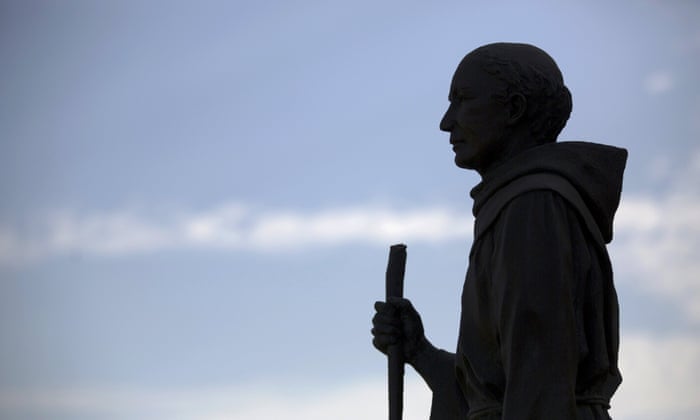 Now becoming a saint… Mario Anzuoni/Reuters
Bennett Collins, Ali Watson, University of St Andrews
https://theconversation.com/why-the-pop ... gacy-39622
September 23, 2015
Now becoming a saint… Mario Anzuoni/Reuters
Bennett Collins, Ali Watson, University of St Andrews
https://theconversation.com/why-the-pop ... gacy-39622
September 23, 2015
On July 9, Pope
Francis stood in front of a crowd that included indigenous peoples and social activists in Bolivia and asked:
http://www.nytimes.com/2015/07/10/world ... .html?_r=0
forgiveness not only for the offenses of the church herself, but also for crimes committed against the native peoples during the so-called conquest of America.
On September 23 in Washington, DC Pope Francis will canonize
Junipero Serra. The Spanish monk may have been called California’s founding father,
but he is also seen as responsible for a policy that resulted in widespread violence and abuse against the Ohlone people,
http://www.muwekma.org/tribalhistory.html as well as others, in his quest to Catholicize the “New World.”
Many grave sins were committed against the native people of America in the name of God,
said Pope Francis in front of his Bolivian audience.
However, is the pope able to recognize that these “grave sins” of the past continue into the present?
Truth and reconciliation undermined
We are researchers working with indigenous peoples to document and examine restorative justice and reconciliation initiatives in response to crimes committed under colonialism. From our perspective, the summer of 2015 appeared to be the start of an era of recognition and, possibly, change.
On June 2 2015, in a hotel conference hall buried in downtown Ottawa, the Truth and Reconciliation Commission of Canada concluded – after a six-year investigation – that the Indian Residential School system that took thousands of children away from their families
http://www.trc.ca/websites/trcinstituti ... 3_2015.pdf and placed them in boarding schools in an attempt to “assimilate” them into settler culture amounted to “nothing short of cultural genocide”.
http://www.reuters.com/article/2015/06/ ... Z420150603
Only two weeks later, on June 14, across the border in a community center in rural Maine, the Maine Wabanaki-State Child Welfare Truth and Reconciliation Commission
http://www.mainewabanakitrc.org/ came to the conclusion that the disproportionate removal of native children from their communities by the state revealed “evidence of cultural genocide.”
But now the pope arrives to make Friar Junipero Serra a saint.
Again, as researchers who focus on the rights of indigenous peoples, we find that this dark irony is not unusual. Governor
Paul LePage, for example, became an official signatory of the
Maine Wabanaki-State Child Welfare Truth and Reconciliation Commission in 2012. But, just before the commission’s mandate ended, he rescinded
http://bangordailynews.com/2015/05/01/n ... ive-order/ his 2011 executive order declaring a special relationship between the state and the tribes. As a result, tribal representatives
http://bangordailynews.com/2015/05/26/p ... gislature/ withdrew from the state legislature.
The canonization seems to follow this same trend.
The pope asks forgiveness for the Roman Catholic Church’s sin of colonization and then proceeds to honor someone who personifies that sin, someone who shared the opinion of other Franciscan friars at the time
https://books.google.rw/books?id=KCR3Vw ... 22&f=false that the native population was
too much a child, too much a slave, too little a man.
The media coverage
http://www.usatoday.com/story/news/nati ... /32499295/ of Serra’s canonization has highlighted this controversy. However, the media has missed the larger point that Friar Serra was only a pawn in carrying out one of the most violent missions that the church has yet to recant:
the Doctrine of Christian Discovery.
The Doctrine of Christian Discovery
This is not a new revelation, nor is it groundbreaking. The Doctrine of Christian Discovery has been the target of indigenous people’s rights advocates for decades, if not centuries.
In a letter to Pope
Benedict XVI,
Oren Lyons, faithkeeper of the
Onondaga Nation, wrote:
https://intercontinentalcry.org/pope-as ... pal-bulls/
These bulls [or papal decrees] provide the foundation for the theft of indigenous lands throughout the world that continues up to this day. These bulls subjugated innocent and unsuspecting native peoples and subjected them to more than 500 years of slavery, genocide and a less than human identity. This doctrine is a crime against humanity.
What is the Doctrine of Christian Discovery? The doctrine
https://books.google.com/books?hl=en&lr ... ry&f=false itself is not a single document, but rather a series of bulls, or decrees, issued by the Vatican during the 15th century, one of which called
http://www.un.org/esa/socdev/unpfii/doc ... 0%2013.DOC on Christians,
to invade, search out, capture, vanquish, and subdue all Saracens and pagans…the kingdoms, dukedoms, principalities, dominions, possessions, and all movable and immovable goods…held and possessed by them.
In essence, from the 15th century onwards, the Doctrine of Discovery effectively allowed “Christian” explorers to claim ownership over those who were living in “non-Christian” lands.
Through perceiving lands owned by “non-Christians” as nobody’s land, or
Terra Nullius, the Doctrine gave the Christian kingdoms of Europe the green light to claim and kill in the Americas with the blessing of Christendom’s most powerful institution.
Take
Christopher Columbus, a man who has a US federal holiday in his honor. History demonstrates that his actions on arrival in the “New World” blew the whistle for the start of the violent policies that would be enacted against indigenous peoples in the name of the Doctrine of Discovery for centuries.
Writing in the 1950s, the Harvard historian (and admiral)
Samuel Eliot Morison stated:
The cruel policy initiated by Columbus and pursued by his successors resulted in complete genocide.
The Supreme Court case of
Johnson v M’Intosh (1823) is one of the preeminent examples of the presence of the Doctrine of Christian Discovery in US law.
The case itself addressed the purchase of “Indian” land that had been “discovered” by British settlers in the 18th century. The Supreme Court stated:
http://thorpe.ou.edu/treatises/cases/Johnson.html
The British government, which was then our government, and whose rights have passed to the United States, asserted a title to all the lands occupied by Indians, within the chartered limits of the British colonies.
The Supreme Court thus essentially enshrined a principle of the Doctrine of Christian Discovery whereby “discovery” was connected to title to the land. As for the Indian nations, they had no legal title to their lands. Instead, the court argued, they were entitled only to the right of occupancy, as Indians were never admitted into “the general society of nations.”
This ruling was cited as recently as 2005 in City of
Sherrill v Oneida http://www.culturalsurvival.org/publica ... overeignty Indian Nation of New York.
Steven Newcomb (Lenape/Shawnee), cofounder and director of the Indigenous Law Institute, pulls no punches:
http://ili.nativeweb.org/sdrm_art.html
To begin to bring that system of colonization to an end, and to move away from a cultural and spiritual tradition of subjugation, we must overturn the doctrine at its roots.
What could be
This is not to say that nothing has been done in response to the continued presence of the Doctrine of Christian Discovery.
The Episcopal and Unitarian churches and the Society of Friends (Quakers) have all recanted and condemned the doctrine through their own respective collective decision-making processes.
The World Council of Churches issued a statement
http://www.oikoumene.org/en/resources/d ... us-peoples in February 2012 in which it:
Denounces the Doctrine of Discovery as fundamentally opposed to the gospel of Jesus Christ and as a violation of the inherent human rights that all individuals and peoples have received from God.
Pope Francis
https://lcwr.org/sites/default/files/re ... n_2014.pdf and previous pontiffs
http://romeroinstitute.org/discovery-doctrine-history have faced repeated calls to condemn this doctrine, from both inside
http://www.huffingtonpost.com/2014/09/1 ... 93840.html and outside
http://www.un.org/ga/search/view_doc.as ... 9/2012/L.2 the Roman Catholic Church.
And yet still, today, this has not happened.
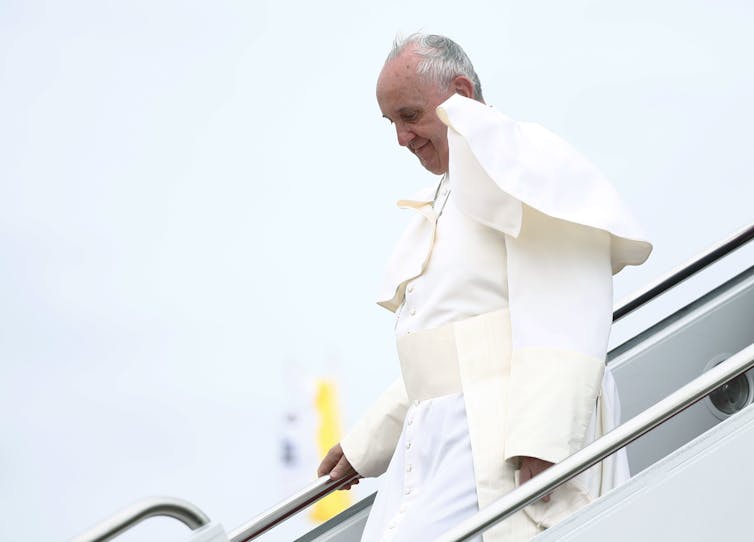 The pope sets foot for the first time on US soil. Tony Gentile/Reuters
The pope sets foot for the first time on US soil. Tony Gentile/Reuters
Pope Francis has already marked himself out as a more populist pontiff than any in recent memory with his focus on economic, social and environmental justice.
However, as he makes his speech outside the hall that houses the Declaration of Independence, we remind him that the words
merciless savage Indians
...
http://indiancountrytodaymedianetwork.c ... an-savages
remain enshrined not only in that document, but also, until the Doctrine of Christian Discovery is rescinded, in the ethos of the Vatican itself.
One needs to look no further than the canonization of Friar Junipero Serra to see that reality.
